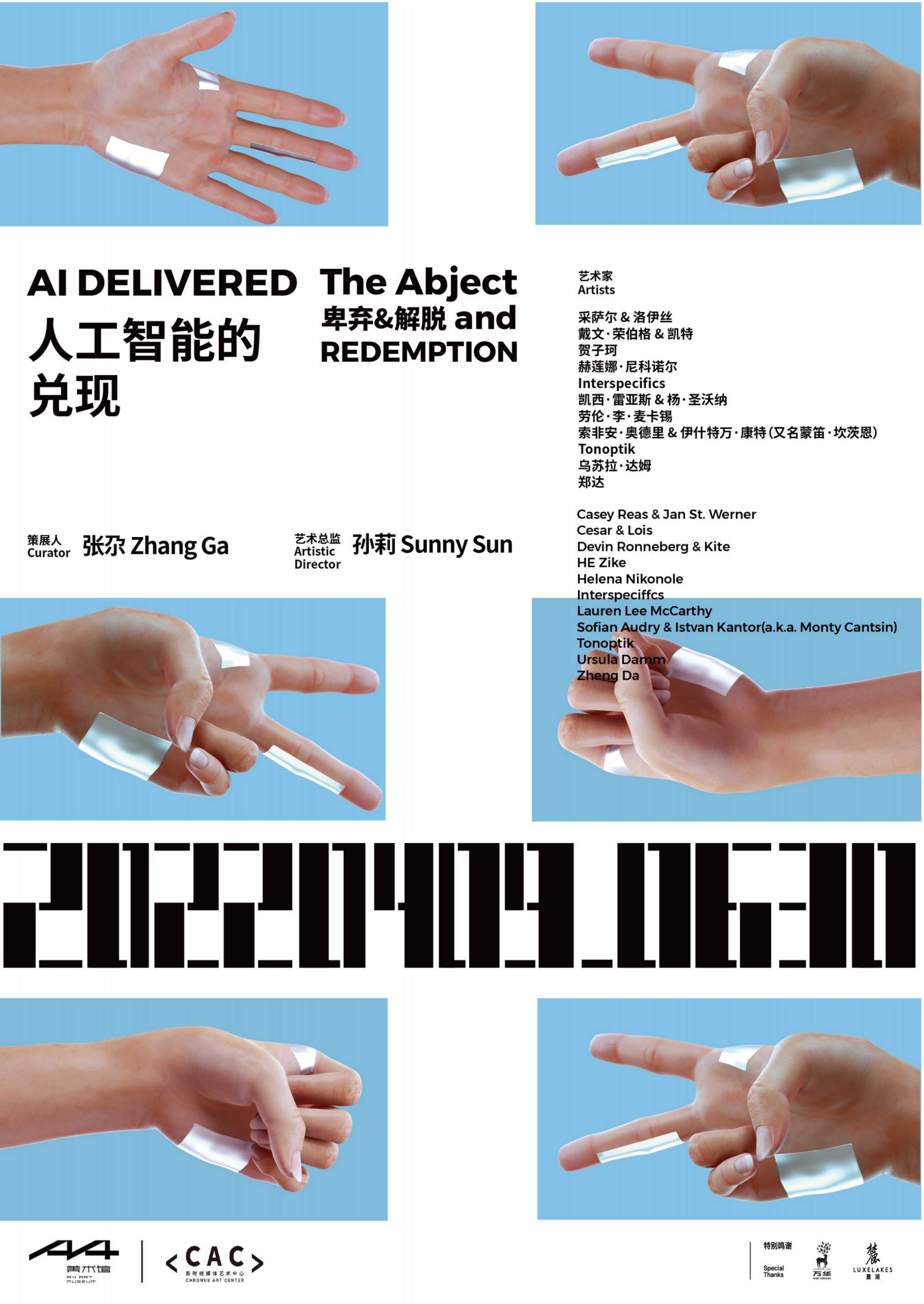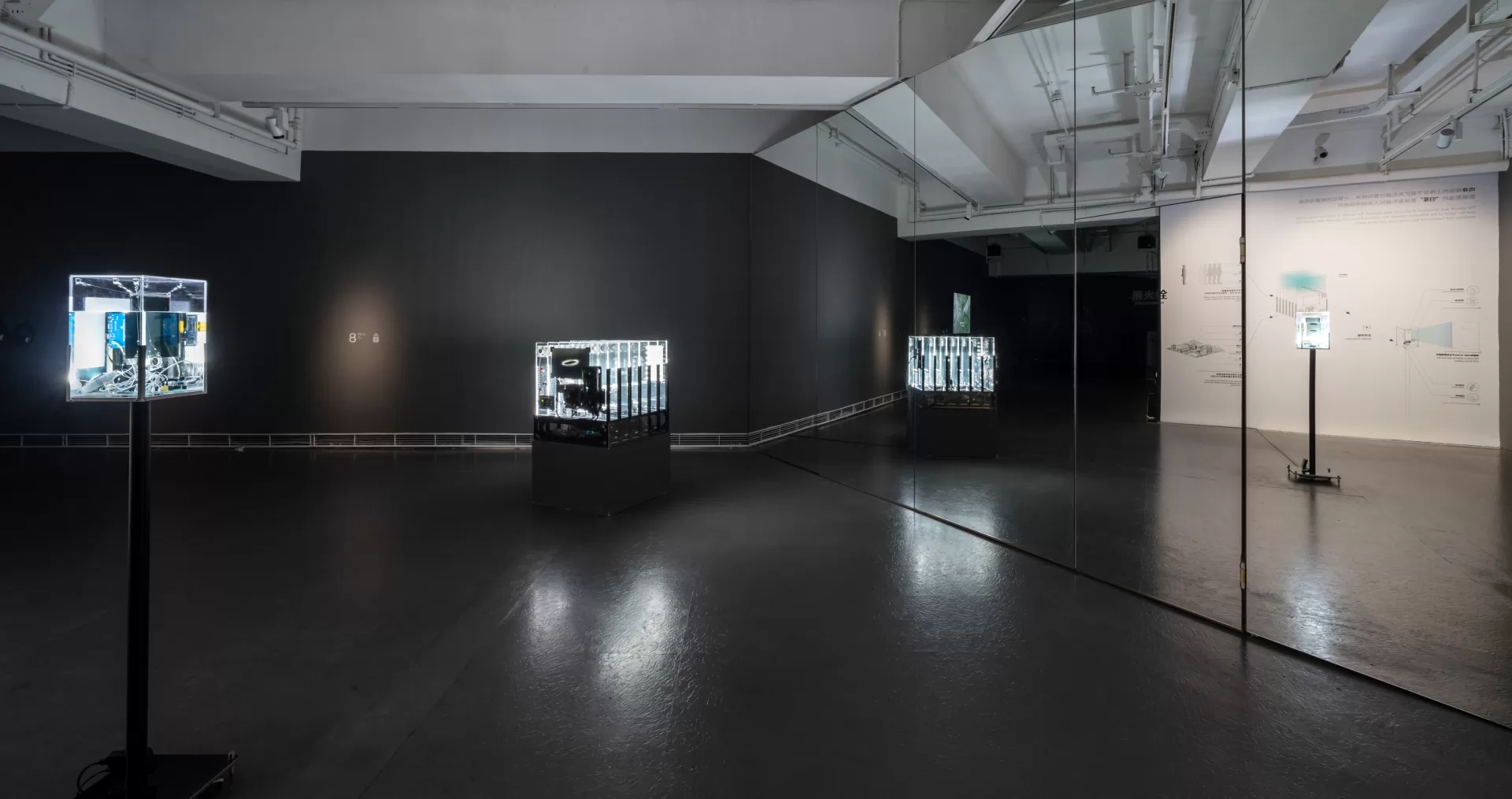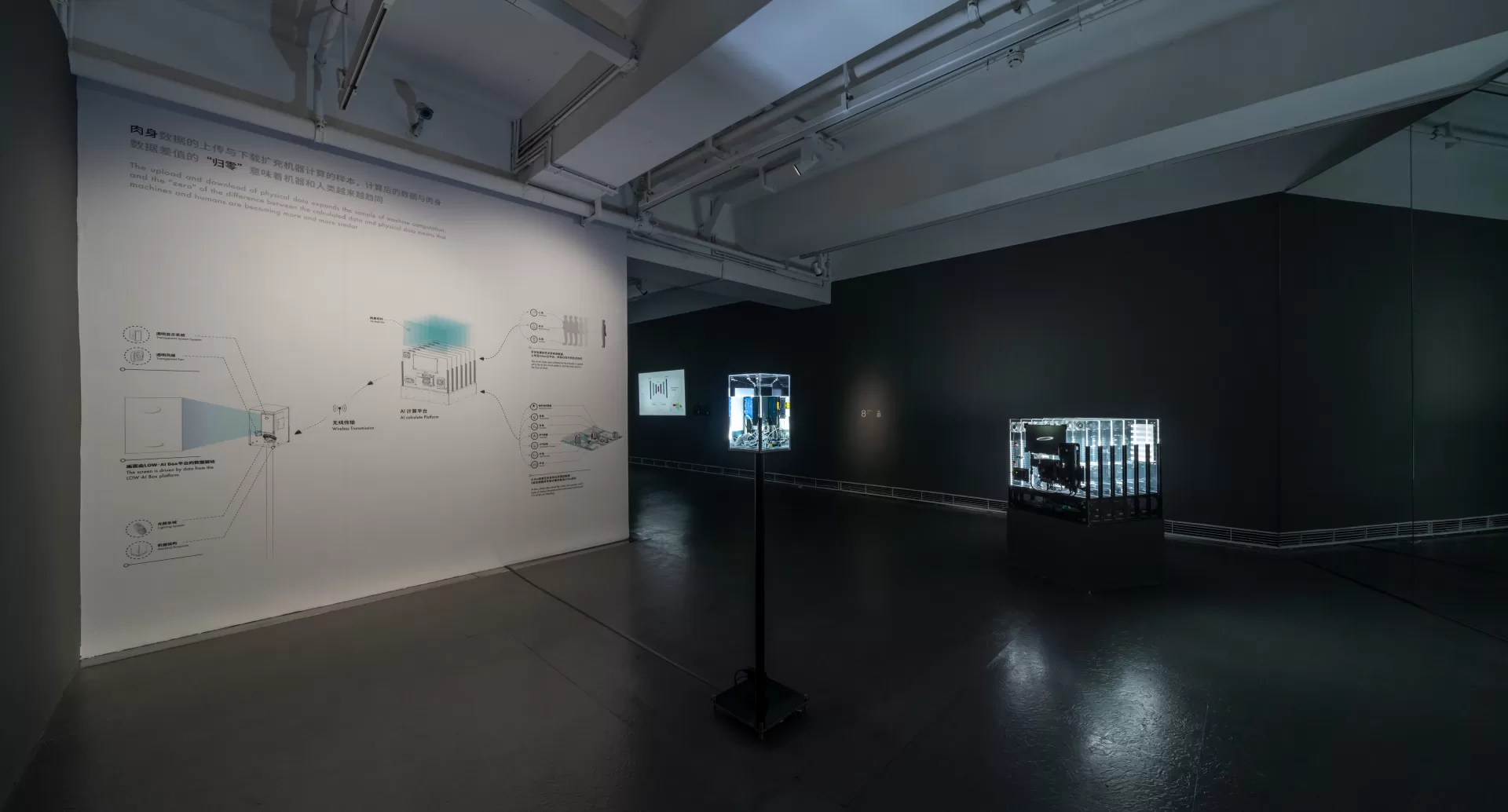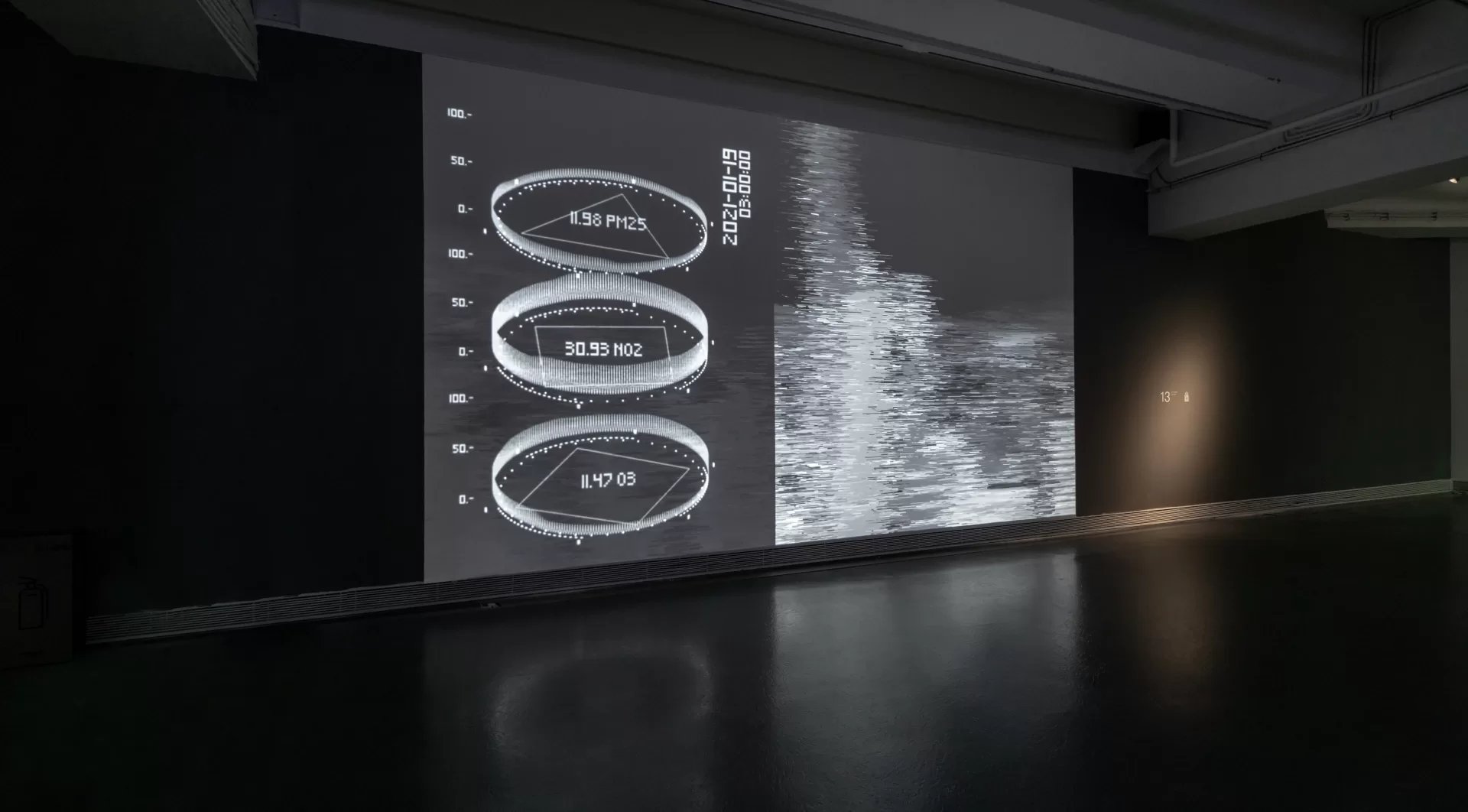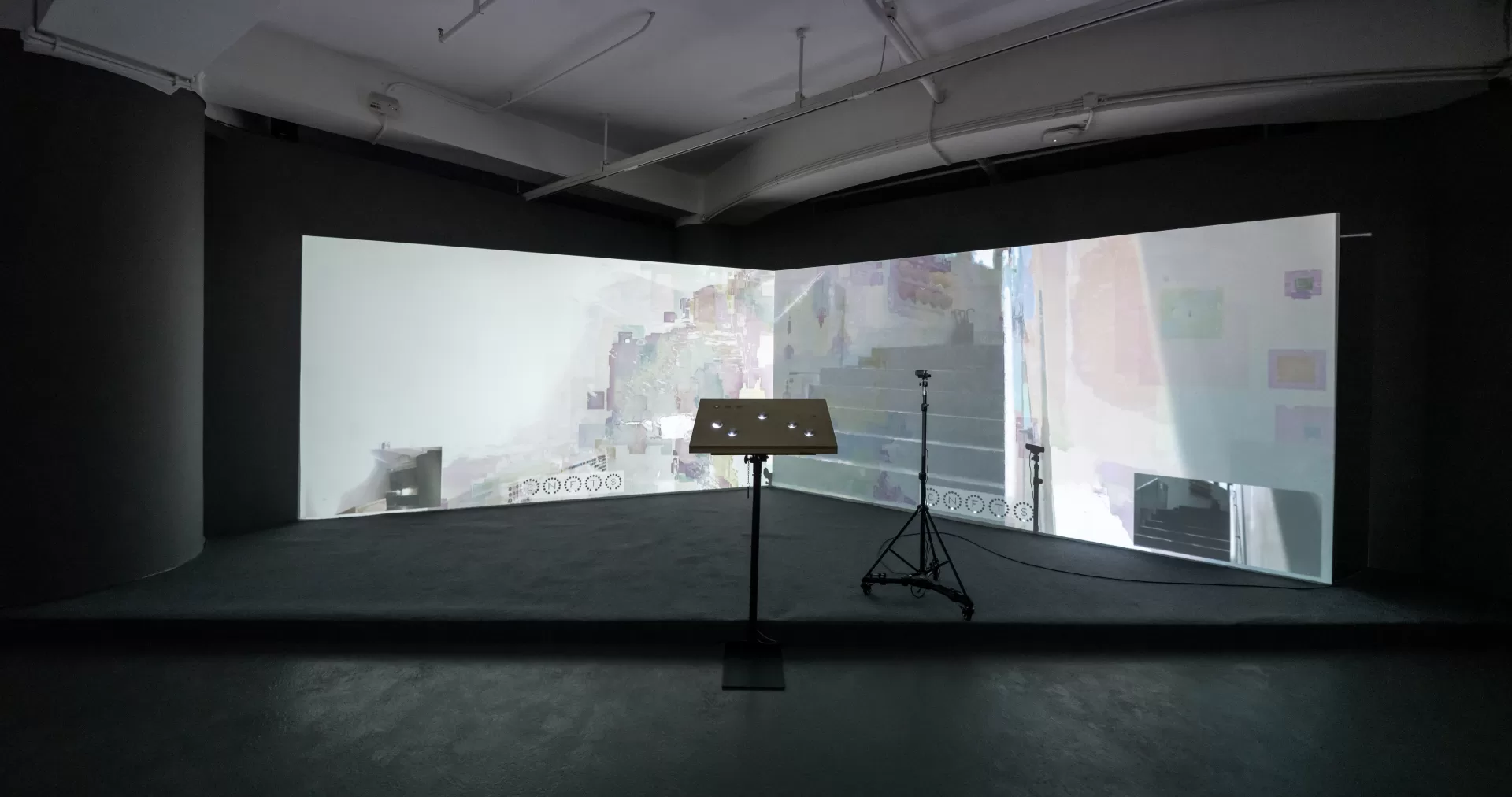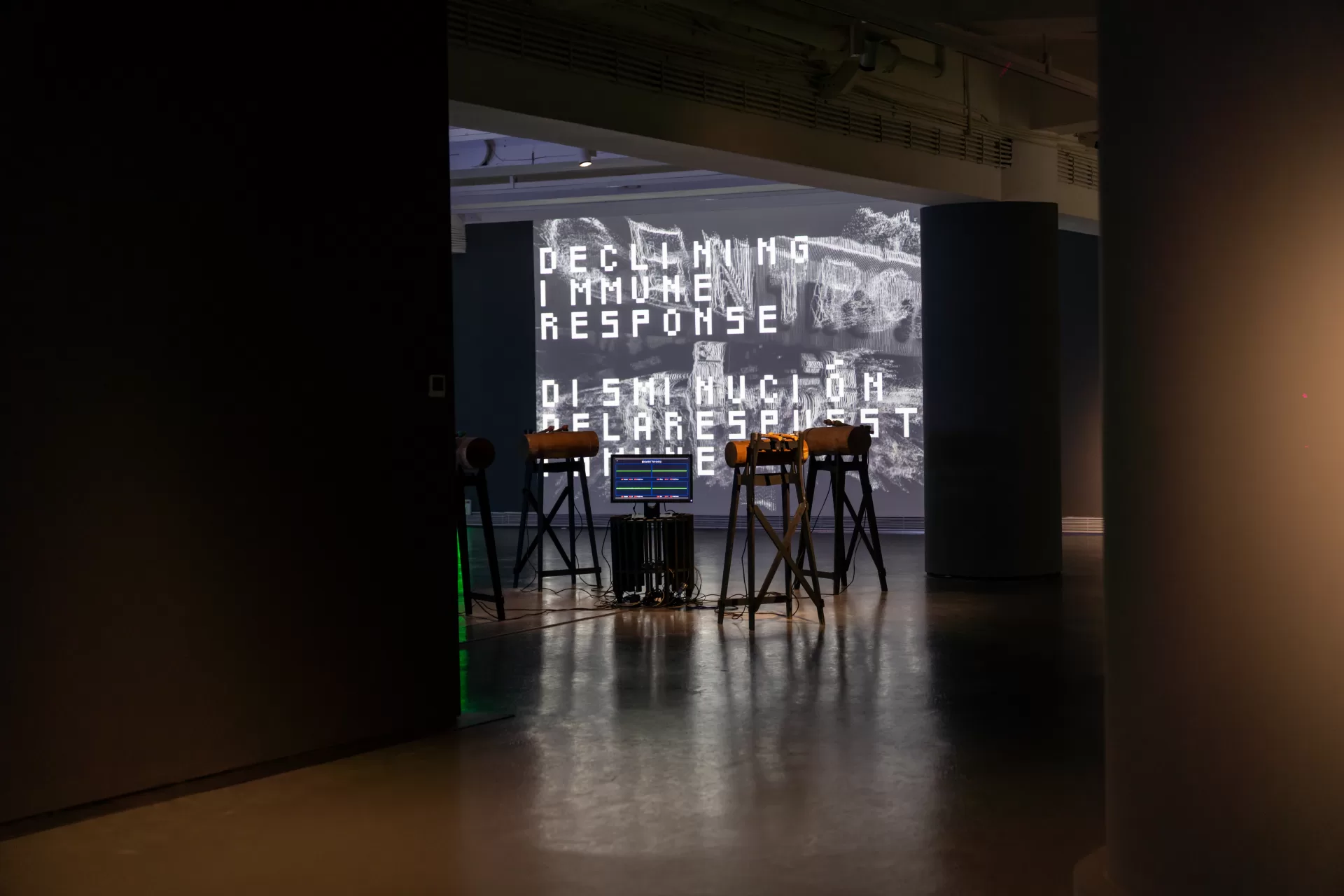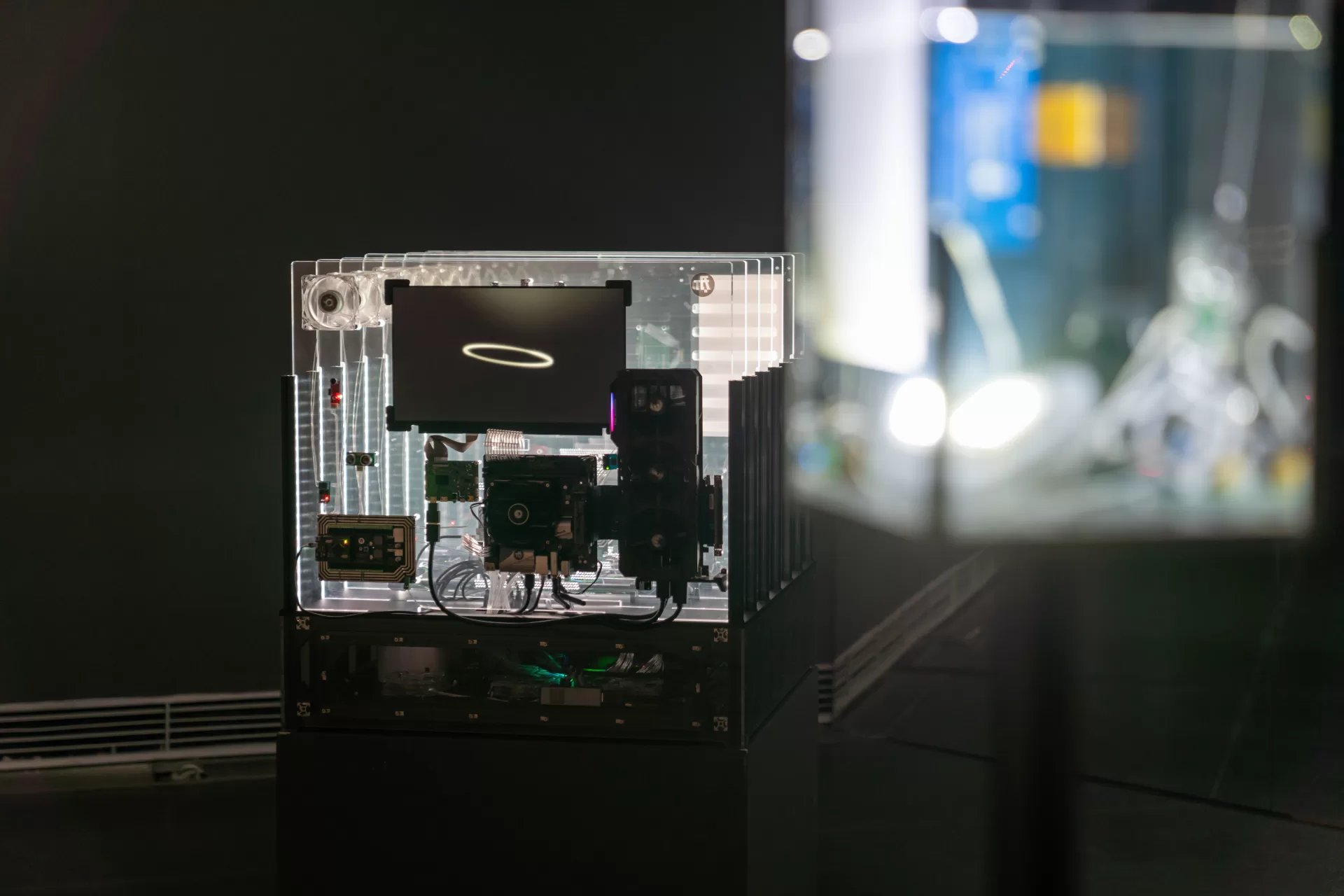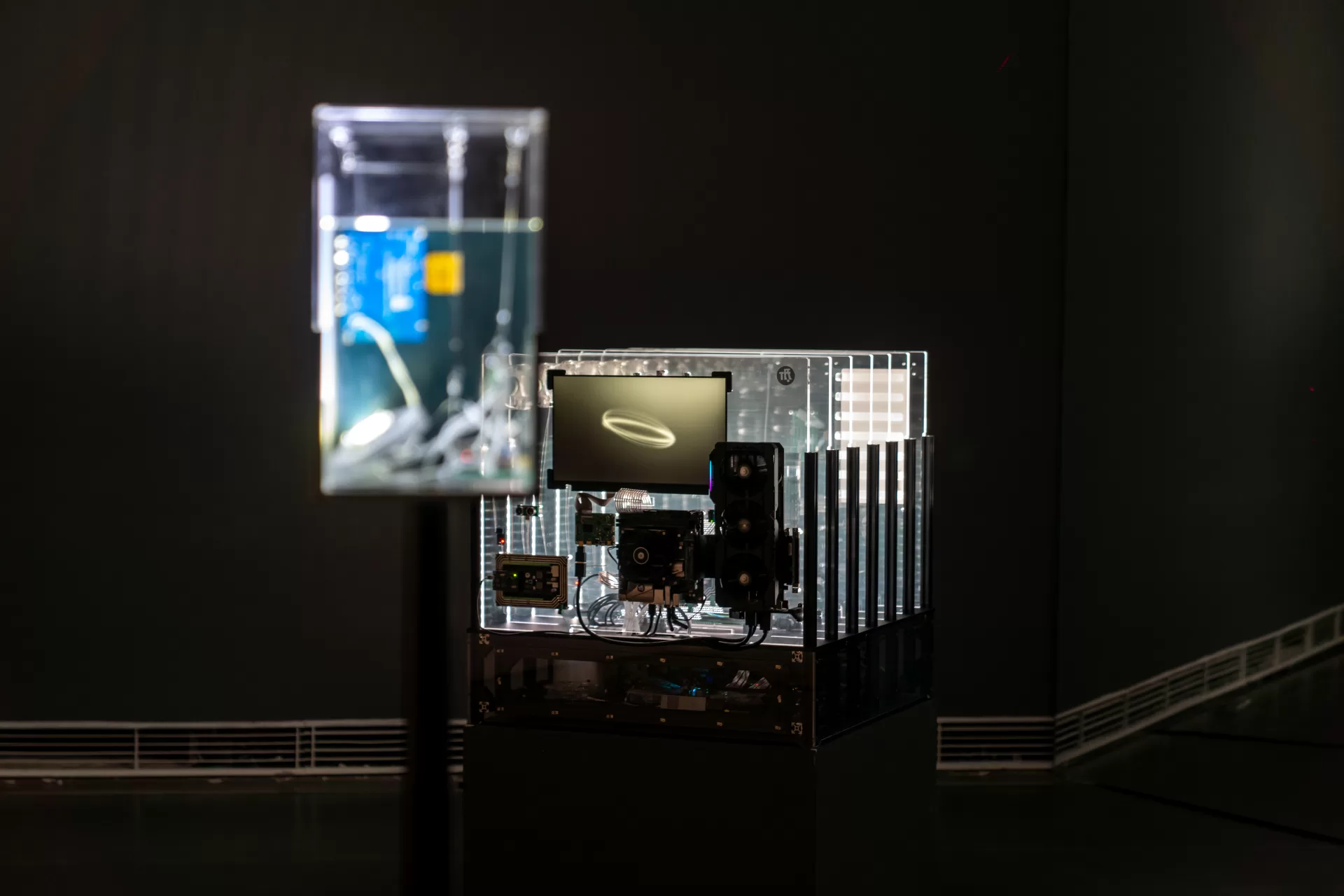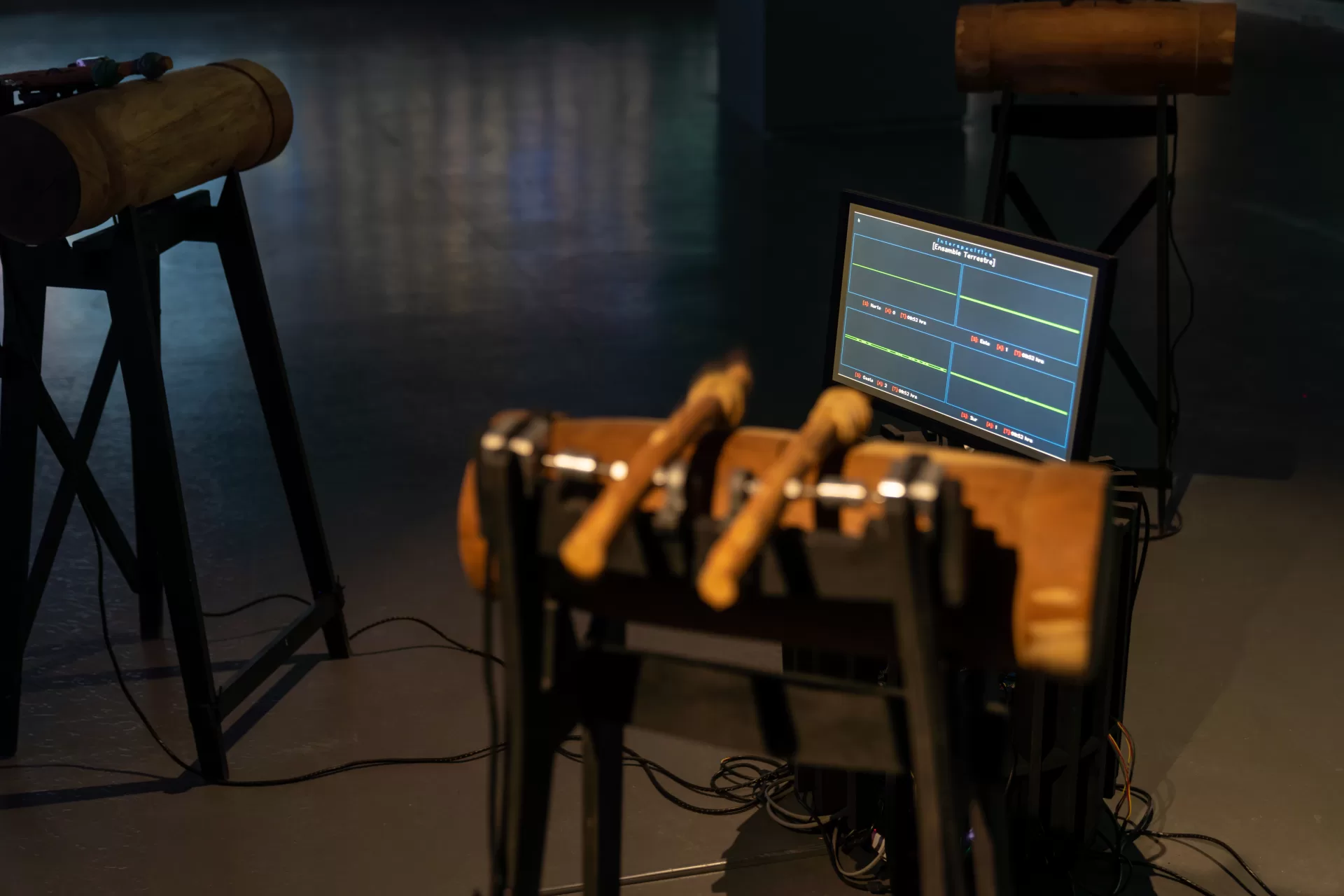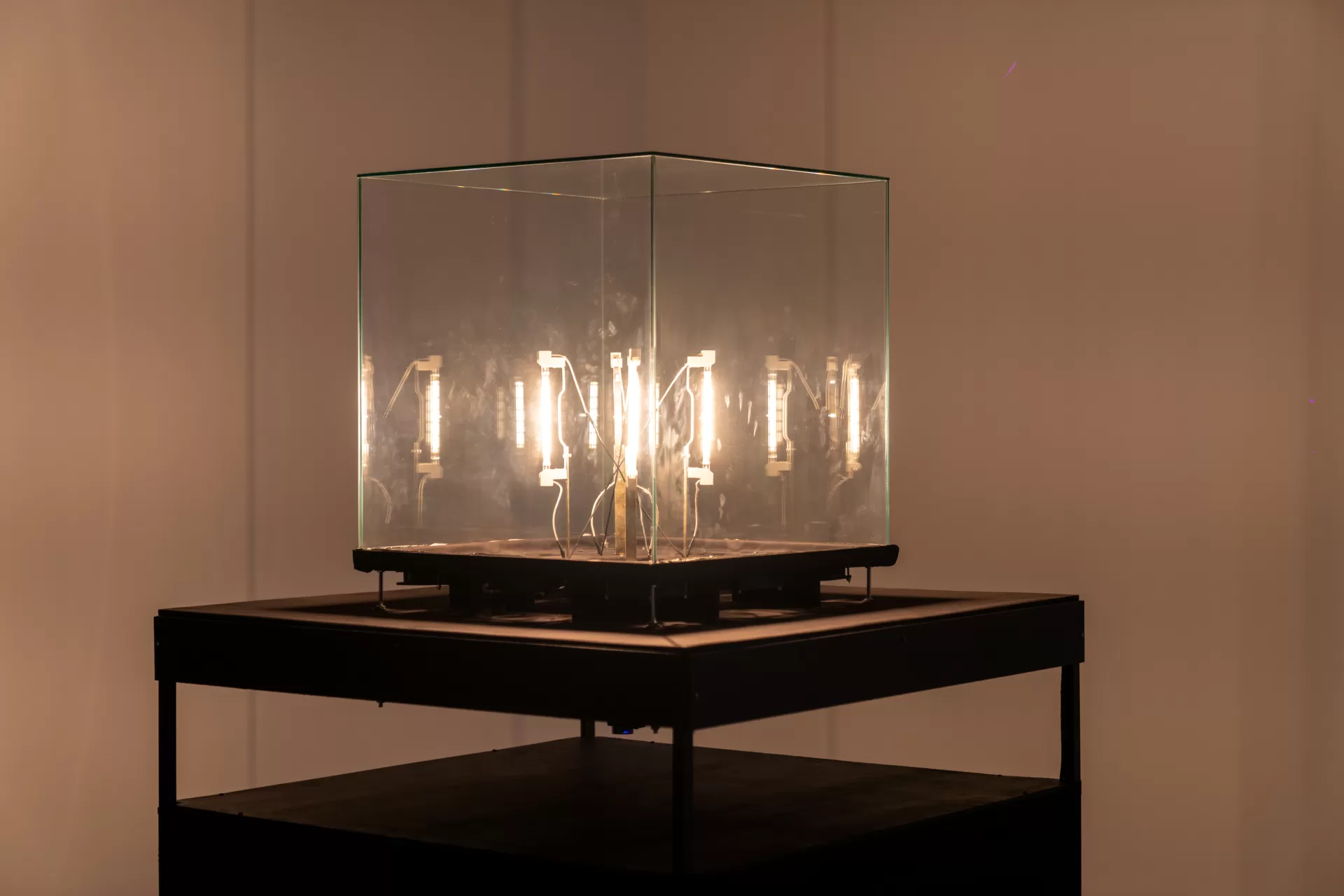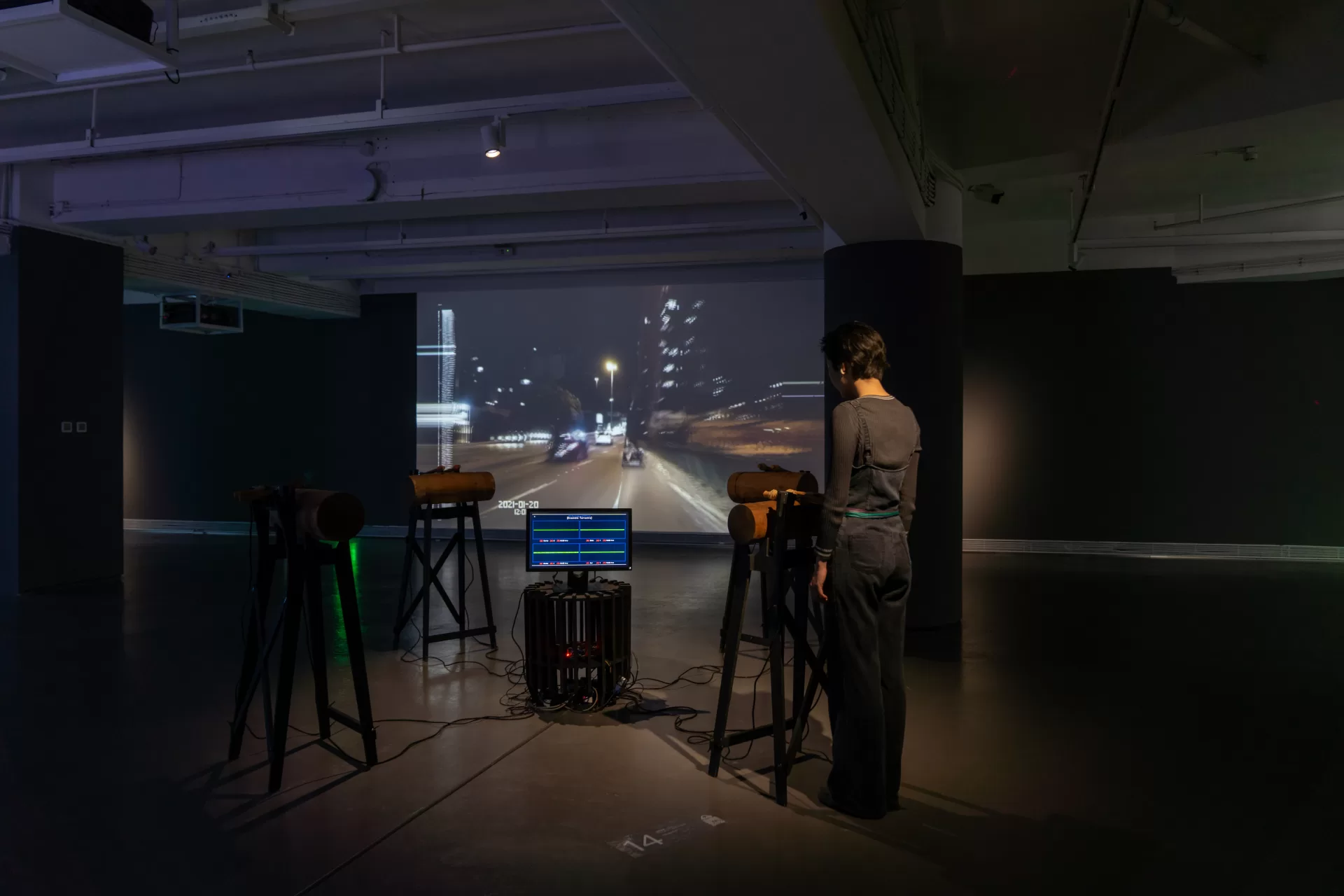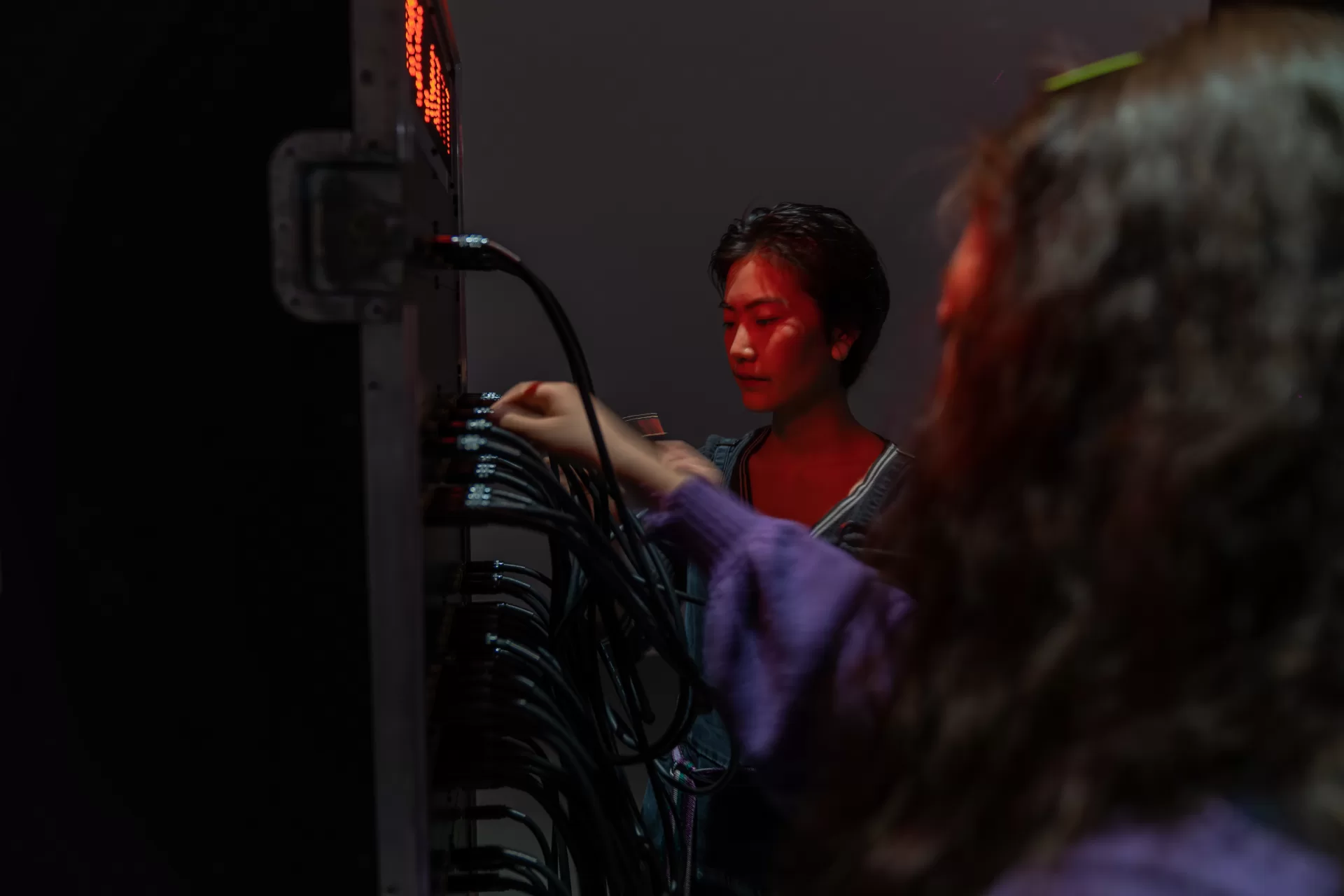Al Delivered: The Abject and Redemption
When answering the question “Can Machines Think?” the British mathematician and AI progenitor Alan Turing in his 1950 essay “Computing Machinery and Intelligence” proposed his infamous Imitation Game (aka The Turing Test) as a counterargument to his own self-imposed question, writing “The original question, ‘Can machines think?’ I believe to be too meaningless to deserve discussion.” Turing said instead “that in about fifty years’ time it will be possible, to program computers, with a storage capacity of about 109, to make them play the imitation game so well that an average interrogator will not have more than 70 per cent chance of making the right identification after five minutes of questioning.” American philosopher Daniel Dennett later speculated in his text Can Machines Think, contending “Turing was not coming to the view that to think is just like to think like a human being … Men and women, and computers, may all have different ways of thinking. But surely, he thought, if one can think in one’s own peculiar style well enough to imitate a thinking man or woman, one can think well, indeed.”
Summarizing art since the 1970s as an outcry for The Return of the Real, the art historian Hal Foster famously stated, the real would be the actual bodies and social sites recognized in the form of the traumatic and abject subject. He commented, “The shift in conception — from reality as an effect of representation to the real as a thing of trauma — may be definitive in contemporary art.” If contemporary art is ineluctably a part of contemporary experience encroached by the pervasive presence of Artificial Intelligence, the new locality of abjection may lie precisely where the AI’s imposed instrumentality reigns and dominates, perpetuated by capital’s greed, and held in sway by geopolitical powers. But the site of abjection is also a site of resistance and creativity. The burden on AI of the excessive human desire to make it human-like is a misery awaiting to be set free – this doppelgänger narrative constitutes the curatorial framework of the first part of the exhibition, which is presented in gallery one.
Gallery two is a sequel to the first part of the exhibition AI Delivered: The Abject, the iteration accentuates the redemption of AI with the alternative narrative of the Turing Test and its implication in perspective. It imagines an AI freed from an assumed intelligence based on a human measure as well as seeing machine intelligence as an agentic entity of another order, capable of a subjectivity other than that of humans. The exhibition illuminates how such an AI is envisioned by artists to explore a cosmopolitically conscious ecology and the posthuman prospects of symbiosis and of collective commons.
Zhang Ga
